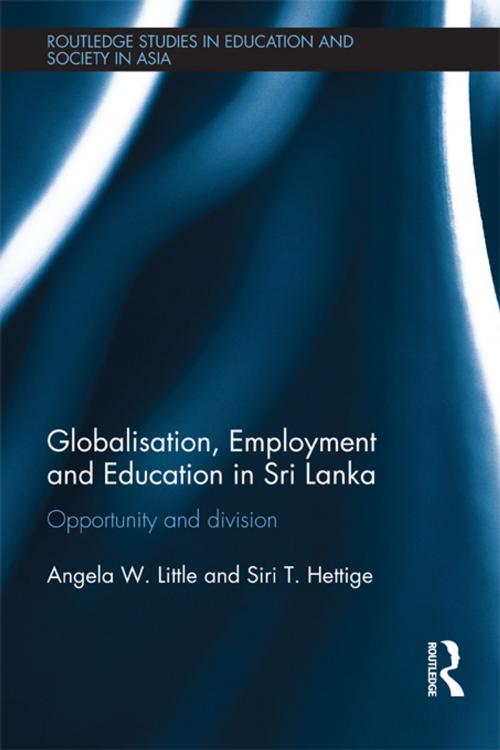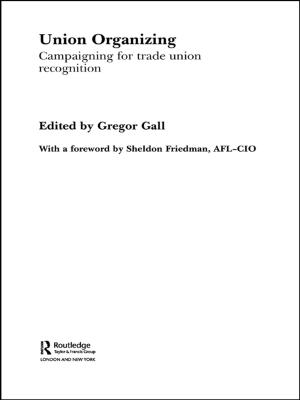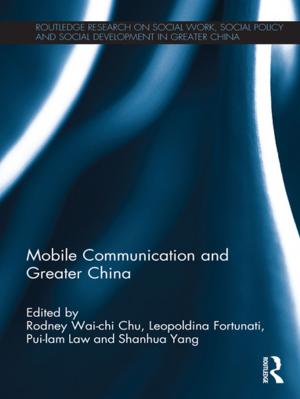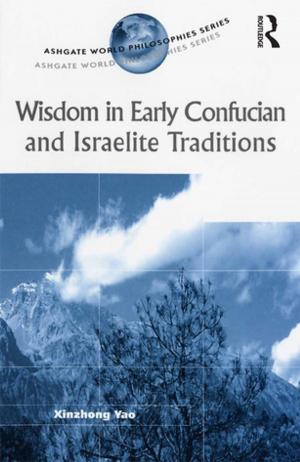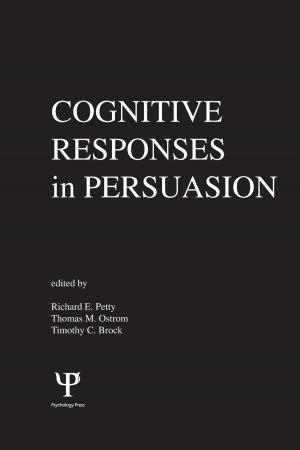Globalisation, Employment and Education in Sri Lanka
Opportunity and Division
Nonfiction, Reference & Language, Education & Teaching, Educational Theory, Educational Reform, Social & Cultural Studies, Social Science, Cultural Studies, Ethnic Studies, Sociology| Author: | Angela W. Little, Siri T. Hettige | ISBN: | 9781136189937 |
| Publisher: | Taylor and Francis | Publication: | May 23, 2014 |
| Imprint: | Routledge | Language: | English |
| Author: | Angela W. Little, Siri T. Hettige |
| ISBN: | 9781136189937 |
| Publisher: | Taylor and Francis |
| Publication: | May 23, 2014 |
| Imprint: | Routledge |
| Language: | English |
Since the late 1970s, Sri Lanka has undergone a socio-economic transformation, from protectionism towards economic liberalisation and increasing integration into the world economy. Through a systematic comparison of these periods of economic change (1956–1977, and 1977 to the present), Angela W. Little and Siri T. Hettige examine the impact of this transformation on education, youth employment and equality of opportunity in Sri Lanka.
The book charts Sri Lanka’s shift from a predominantly agricultural economy to one dominated by services and manufacturing, a reduction in unemployment, rising educational and occupational levels, expectations and achievements, and a reduction in poverty. In turn, it reveals a growing role for the private sector and foreign interests in post-secondary education and a modest growth in private education at the primary and secondary levels, as well as widening social disparities in access to qualifications, training and skills. The Sri Lankan experience of, and engagement with, globalisation has been tempered by a long-running ethnic conflict that hindered economic and social development and diverted considerable public funds into defence and war. Now that the war is ‘won’, the challenge is how to invest in human resource development and the fulfilment of the expectations of youth from all ethnic and social groups. This challenge requires serious policy analysis, the generation of more state revenues, the reallocation of existing public resources, and a political commitment to the winning of a sustainable peace and stability.
This book makes an important contribution to the broader international literature on the implications of globalisation for education policy and practice, and to the interaction of exogenous and endogenous forces for educational change. It deals with the tension between the high social demand for education and the growing demand for specialised skills in a changing economy. As such, it has a wide interdisciplinary appeal across education policy and politics, Asian education, South Asian society, youth policy, sociology of education, political economy of social change, and globalisation.
Since the late 1970s, Sri Lanka has undergone a socio-economic transformation, from protectionism towards economic liberalisation and increasing integration into the world economy. Through a systematic comparison of these periods of economic change (1956–1977, and 1977 to the present), Angela W. Little and Siri T. Hettige examine the impact of this transformation on education, youth employment and equality of opportunity in Sri Lanka.
The book charts Sri Lanka’s shift from a predominantly agricultural economy to one dominated by services and manufacturing, a reduction in unemployment, rising educational and occupational levels, expectations and achievements, and a reduction in poverty. In turn, it reveals a growing role for the private sector and foreign interests in post-secondary education and a modest growth in private education at the primary and secondary levels, as well as widening social disparities in access to qualifications, training and skills. The Sri Lankan experience of, and engagement with, globalisation has been tempered by a long-running ethnic conflict that hindered economic and social development and diverted considerable public funds into defence and war. Now that the war is ‘won’, the challenge is how to invest in human resource development and the fulfilment of the expectations of youth from all ethnic and social groups. This challenge requires serious policy analysis, the generation of more state revenues, the reallocation of existing public resources, and a political commitment to the winning of a sustainable peace and stability.
This book makes an important contribution to the broader international literature on the implications of globalisation for education policy and practice, and to the interaction of exogenous and endogenous forces for educational change. It deals with the tension between the high social demand for education and the growing demand for specialised skills in a changing economy. As such, it has a wide interdisciplinary appeal across education policy and politics, Asian education, South Asian society, youth policy, sociology of education, political economy of social change, and globalisation.
